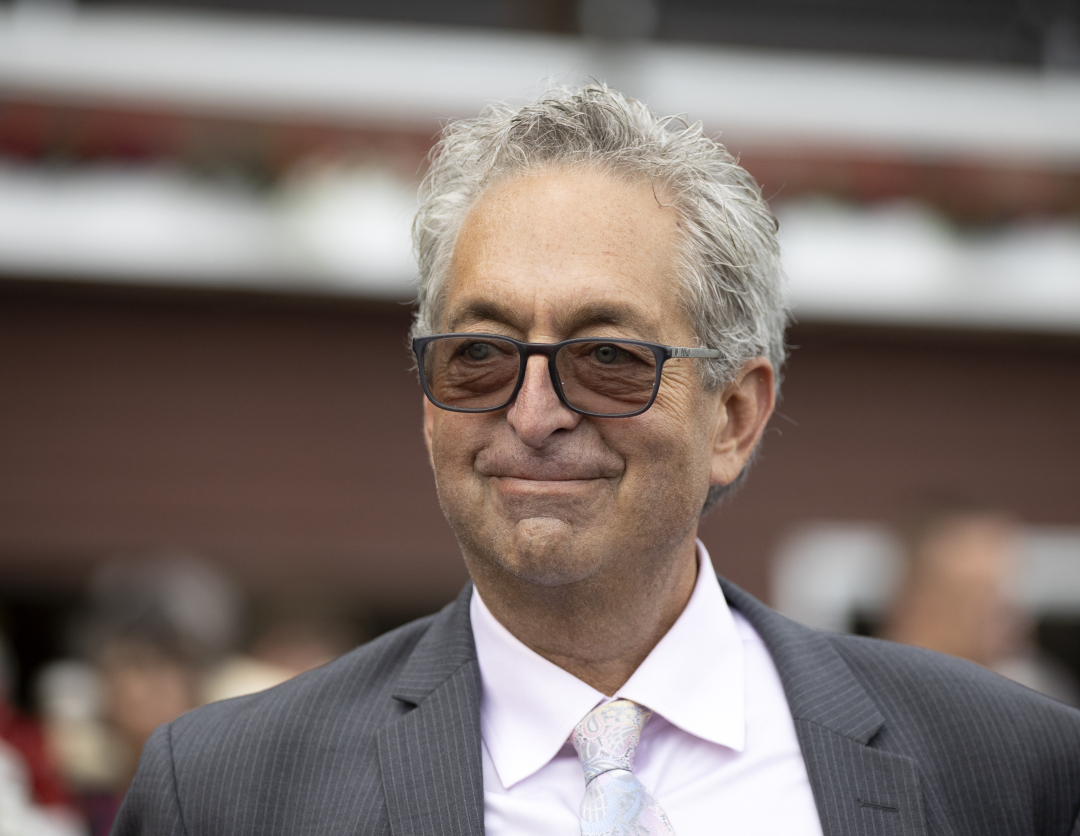SARATOGA SPRINGS, N.Y. – Recent immigration and deportation policies pushed by the administration of President Donald Trump have underlined the need for trainers to have their paperwork in order while simultaneously creating fear and confusion on racetrack backstretches, according to speakers on a panel on Monday at the Racing and Gaming Conference in Saratoga.
The panelists, which included a prominent lawyer specializing in the H-2B foreign-worker visa program, a New York trainer, and the director of the backstretch-services program at Belmont and Saratoga, said that the aggressive Trump administration policies require horsemen to make certain that they are in compliance with all aspects of immigration law.
Leonard D’Arriga, the immigration lawyer, said that trainers have had some leeway in the past for paperwork errors or incomplete records. But that era has ended.
“In today’s climate, ‘good enough’ is not good enough anymore,” D’Arriga said. “I used to tell my clients, ‘Perfect compliance is impossible. Just do your best.’ But that’s not enough anymore. Now it has to be perfect.”
Many trainers on major racing circuits rely on the H-2B program, which provides temporary work visas on a six-month basis to “non-skilled” foreign workers in the services industries, including horse racing. The number of visas issued each six months under the program is capped by law at 33,000, but that number has been routinely doubled over the past 10 years under both Republican and Democratic administrations.
Gary Contessa, a leading trainer in New York who once ran a barn with 100-plus horses, said that trainers have to rely on foreign labor for grooming and hotwalking because American workers are not willing to take the jobs, a contention repeated by D’Arriga and Eric Hamelback, the executive director of the National Horsemen’s Benevolent and Protective Association, speaking from the audience.
“I can honestly say I haven’t seen an American employee looking for a [backstretch] job in our business for the last 20, 30 years,” Contessa said. “We bring in help from the other countries because they’re the best help.”
Both D’Arriga and Contessa said that hiring unskilled U.S. workers would be cheaper than going through the H-2B program.
“There’s a myth out there that the only reason someone would hire a foreign worker is because it’s cheap,” D’Arriga said. “Quite simply, most trainers will tell you that they can’t find U.S. workers to do this job.”
Although D’Arriga said that his clients work hard to remain in compliance with the H-2B requirements, the U.S. racing industry was sent reeling earlier this year when a raid at Delta Downs in Louisiana during its Quarter Horse meet resulted in the arrest of 85 workers. While racetracks and horsemen’s officials feared that other raids would soon follow, the Delta raid has so far been a one-off.
Nancy Underwood, the executive director of the Backstretch Employee Service Team, said that the presence of immigration and labor officers on backstretches has not been an unusual occurrence over the past dozen years. However, the aggressiveness of the new policies has created a sense of fear among backstretch employees in New York, even among those who are authorized to work, Underwood said.
“A lot of it is sometimes what people see on social media, whether it’s true or not,” Underwood said. The fear has resulted in an uptick in backstretch workers seeking help for problems associated with “isolation, anxiety, and depression,” Underwood said.
“Sometimes it’s the littler things, where people are less apt to go off property for their [medical] care,” Underwood said.
Hamelback, of the National HBPA, said from the audience that his organization continues to lobby Washington D.C. for immigration reform, contending that U.S. workers will not return to backstretches due to the population’s increasing “degree of separation from agriculture.”
Most important, Hamelback said, is the need to change lawmakers’ opinion of foreign workers.
“These are not commodities,” Hamelback said. “These are the people who really are the backbone of the industry.”
D’Arriga also called for a bipartisan solution to immigration reform.
“We don’t have nearly enough legal visas,” he said. “If we did, maybe we would have more people coming in the right way, rather than sneaking over the border or overstaying their visas.”

